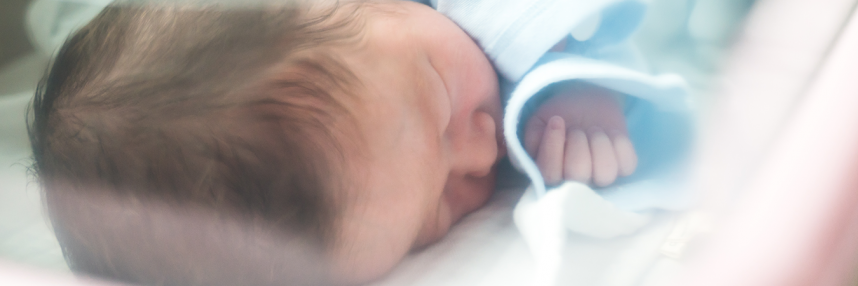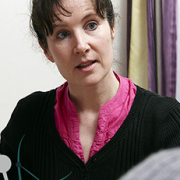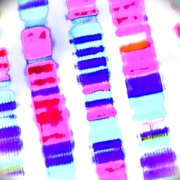Rapid genomic test helps prevent newborn hearing loss
Results are received in under 30 minutes with a single swab
The NHS has developed and piloted a new genomic test that can identify a rare variant that puts newborns at risk of hearing loss when receiving powerful antibiotics for life-threatening bacterial infections.
The speed of the bedside test means that results can be returned fast enough so as not to delay lifesaving treatment.
Gentamycin and hearing loss
Gentamycin is one of a group of powerful antibiotics called aminoglycosides that are effective against a broad range of bacteria.
Although generally safe and often lifesaving, aminoglycosides can have side effects, including causing damage to the ears and kidneys.
These side effects are usually observed only when the drugs are given in high doses or over prolonged periods, such as in patients with cystic fibrosis. For people who carry a particular genomic variant, however, a single dose can cause irreversible hearing loss.
Approximately 1-in-500 people have the variant, which occurs in a gene called MT-RNR1 contained within the mitochondrial DNA.
Neonatal sepsis
Gentamycin is commonly used in intensive care units for babies affected by serious bacterial infections. Newborns with infections such as sepsis require immediate treatment, and culturing bacteria from samples can take days meaning that there is insufficient time to identify the precise bacteria that is causing the infection and match it to a targeted antibiotic.
The longer an infant with sepsis waits before antibiotics are administered, the lower their chances of survival. Because of this, broad-spectrum antibiotics need to be administered within 60 minutes of admission with suspected sepsis.
An alternative type of broad-spectrum antibiotic is available but it is associated with increased antibiotic resistance, so gentamycin is the first choice unless the patient is known to carry the MT-RNR1 variant.
The benefit of rapid testing
Pharmacogenomic testing can already identify people who carry the MT-RNR1 variant, but until recently such a test would take days. As with waiting for bacterial culture confirmation, this is not feasible when dealing with infections that could prove fatal in a day or two if untreated, so clinicians have had to prioritise.
The new test, delivered through a NHS pilot programme, can detect babies at risk of hearing loss because of the gene variant in under 30 minutes. A simple swab is taken and a machine called Genedrive returns a result in just 26 minutes.
The study, Pharmacogenetics to Avoid Loss of Hearing (PALOH), was published in JAMA Pediatrics and recruited neonates admitted to neonatal intensive care units (NICUs) across two participating hospitals in the UK.
The study was led by Manchester University NHS Foundation Trust genomic medicine consultant Professor Bill Newman, who said: “The trial demonstrated that you can deploy rapid genetic testing in a clinical setting, and that the tests can be carried out within the ‘golden hour’ when severely unwell babies should be treated with antibiotics.”
The test is now being rolled out at three NHS hospitals in the Manchester area, with 300 nurses being trained to administer the test. Ways to integrate the test into the NHS Genomic Medicine Service are being explored so that more patients can benefit across the system.
For more information and updates, follow the PALOH trial on Twitter
–









